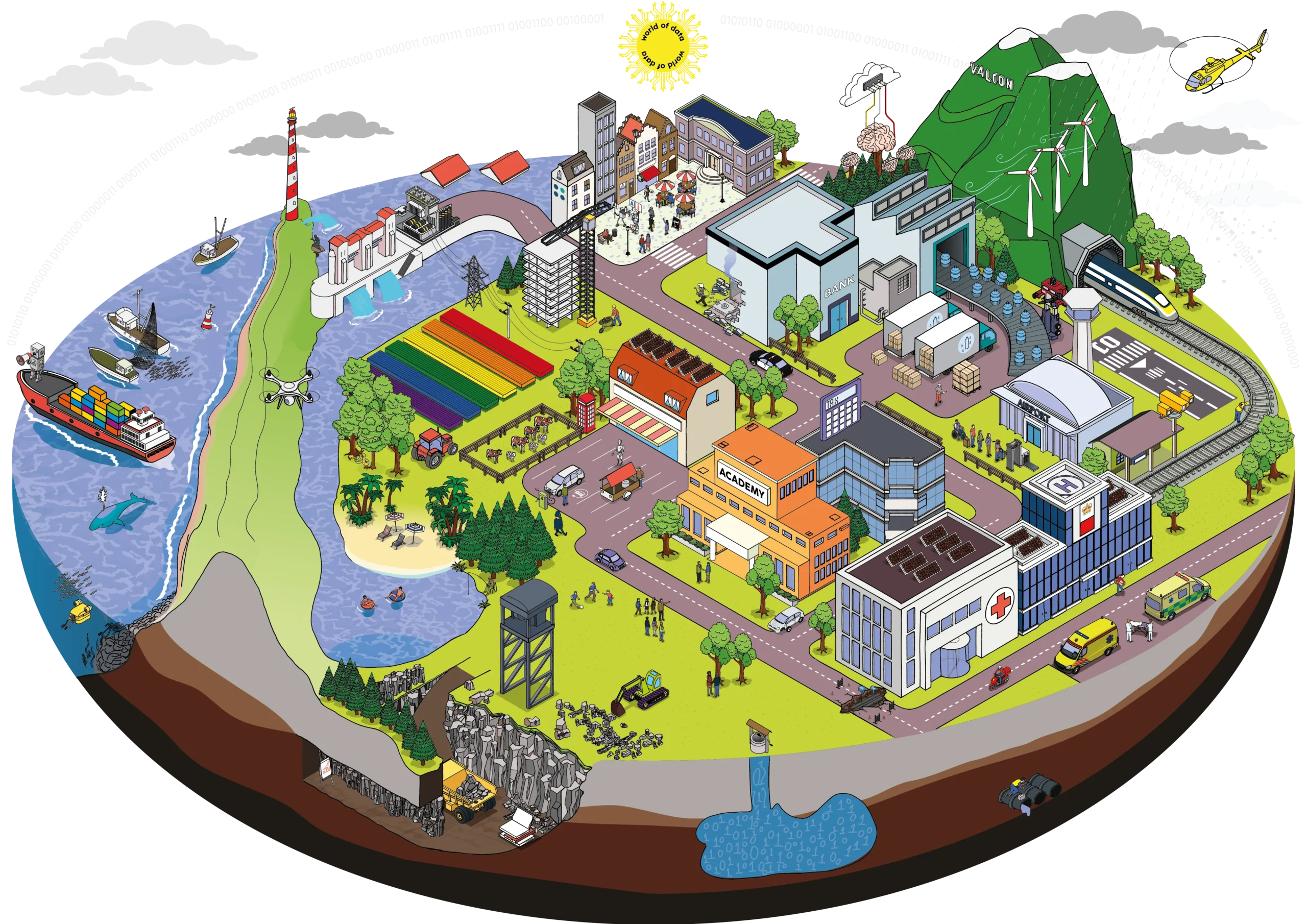A sustainability vision is, for many organisations, top of the corporate agenda. Figuring out how they’ll reduce their carbon footprint, how they’ll use more sustainable materials, how their operations can be as energy efficient as possible, and how their employees, customers and partners can be part of their sustainability journey too. After all, it’s in everyone’s interest to put the planet and people first.
And of course, a sustainability strategy isn’t just about the environment. It encompasses economic and societal aspects too, so focusing on ethical business practices to ensure people are looked after and respected in the right way, be that employees, partners, customers and people within the supply chain.
Ensuring that an organisation’s response to sustainability is measurable and quantifiable goes without saying. From a reputational perspective, you need to prove that you’re practicing what you preach. But it is also now a regulatory imperative. The Corporate Sustainability Reporting Directive (CSRD), the new EU legislation that came into force in January 2023, requires all large and listed companies to report on their environmental and social impact activities, in much the same way as they’re required to report their financial information.
Key to the success of any sustainability strategy, is good data, excellent data management processes and insightful analytics. These are some of the key steps to help you set up a reporting function fit for CSRD:
- Groundwork: this involves two main things. The first is a double materiality assessment, to determine the scope of the organisation’s CSRD reporting. The second is making sure your digital landscape is ready to satisfy legal requirements – one example is that you need to show how data flows through systems to prove that it hasn’t been manipulated. A fit for purpose digital landscape is about having a data analytics and reporting platform in place to automate data processing and build reports. It is also about data governance, for example, having a business glossary, data catalogue and automated data lineage.
- Mapping the value chain: the second stage is about mapping the organisation’s entire value chain, dividing it into non-overlapping aspects, for example, offices, co-worker commuting, raw materials. These aspects will go across the different topics that you identified in the double materiality assessment, for example, biodiversity or greenhouse gas emissions.
- Data availability: the third step is figuring out which data is suitable to report on the sustainability topics (this could be spending or activity data, for example) for all identified parts of the value chain. Or it might be working out the data you need to measure how your organisation is doing against diversity targets. You might also need to think about using external data to fill any gaps (for example, reference databases). As data quality and integrity is very important, define automated tests to ensure a reliable result.
- Estimating: as it is unlikely you already have perfect data, prepare to do a lot of estimating while calculating your impact (for example, emissions) and know that you will need to report on all the estimations that are done. Having a strategy for writing documentation on these estimations, as well as keeping them up to date, is paramount.
- Test audit: strongly consider doing a test audit for your sustainability reporting, which will give you a basis to learn from. It will flag any weaknesses in your process, any flaws in your data – and then you will have the opportunity to fix any issues before the regulator comes knocking on your door.
The move to a sustainable and ethical way of doing business is a challenge that all organisations are facing. Being on the front foot is vital, in a bid to save our planet and make it a better place, while all the time, keeping on the right side of the regulators.
Data insights and data quality are at the core of having an actionable sustainability reporting function – knowing where in the business you can reduce energy consumption and waste, make your products and services more sustainable and circular and how diversity and human rights are safeguarded is vital. This knowledge, and the subsequent action, is crucial – and it is only possible through good data practices.
If you would like to speak to someone at Valcon about setting up a sustainability reporting function, please get in touch at [email protected], [email protected] or [email protected].














